Television shows that once entertained millions would today be canceled by ‘woke’ culture, clashing with modern sensitivities regarding race, gender, and social justice. Let’s take a closer look at the shows that no longer align with today’s values of inclusivity and respect.
The Office
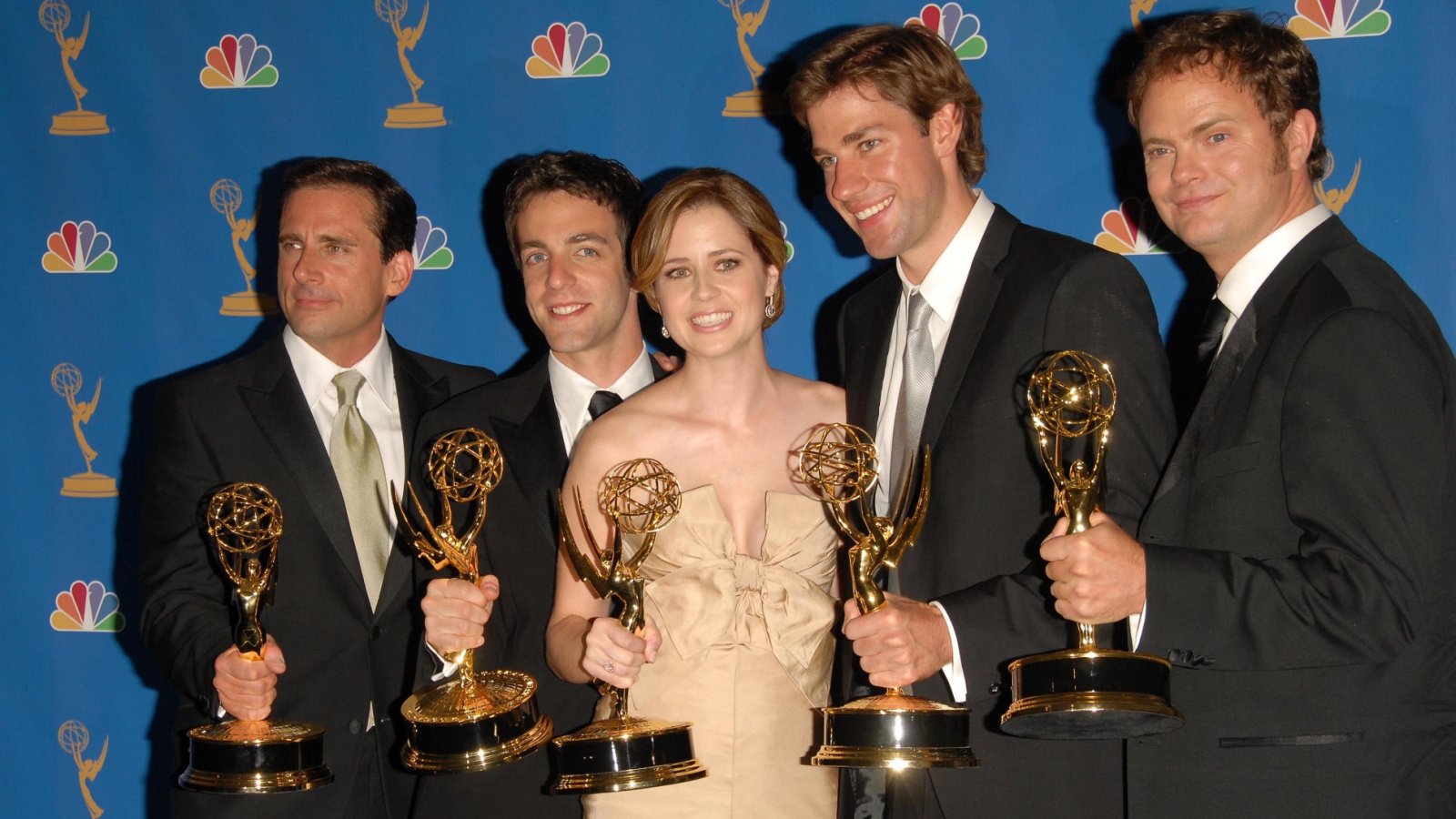
The Office is cherished for its awkward humor and lovable characters, but certain episodes and jokes that play on racial and sexual humor might not meet today’s standards for sensitivity. Episodes like “Diversity Day” and Michael Scott’s frequent cringe-worthy remarks could be grounds for cancellation or serious revision.
All in the Family
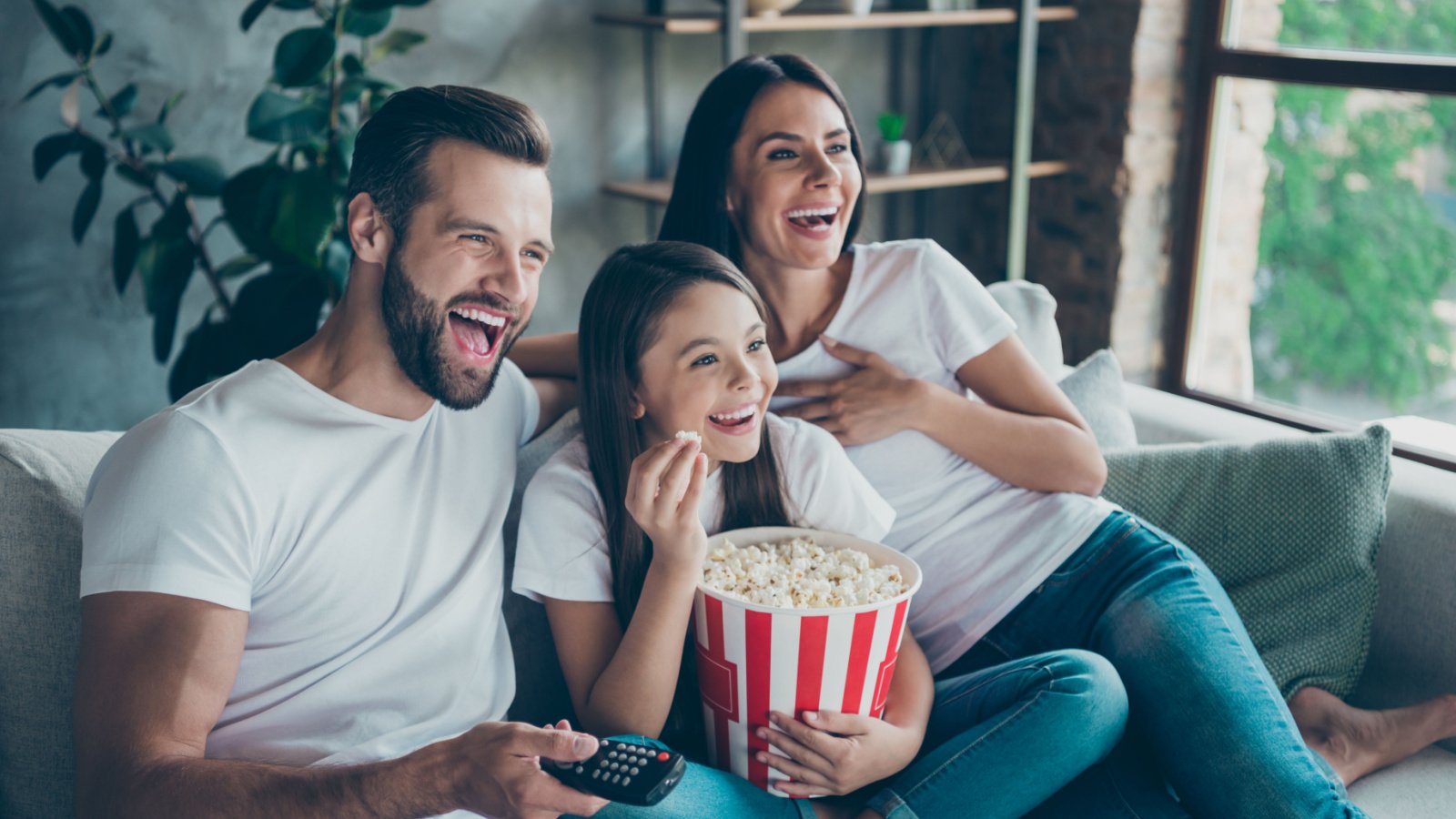
All in the Family addressed real issues like racism, homophobia, and feminism through the lens of the bigoted Archie Bunker. While it aimed to challenge these social issues by highlighting Archie’s flawed viewpoints, today’s cultural climate might view the show’s approach as too direct or offensive, leading to potential cancellation.
The Dukes of Hazzard

The Dukes of Hazzard, known for its car chases, humor, and the iconic General Lee, a car emblazoned with the Confederate flag, would likely face cancellation today due to the flag’s strong associations with racial oppression.
Friends
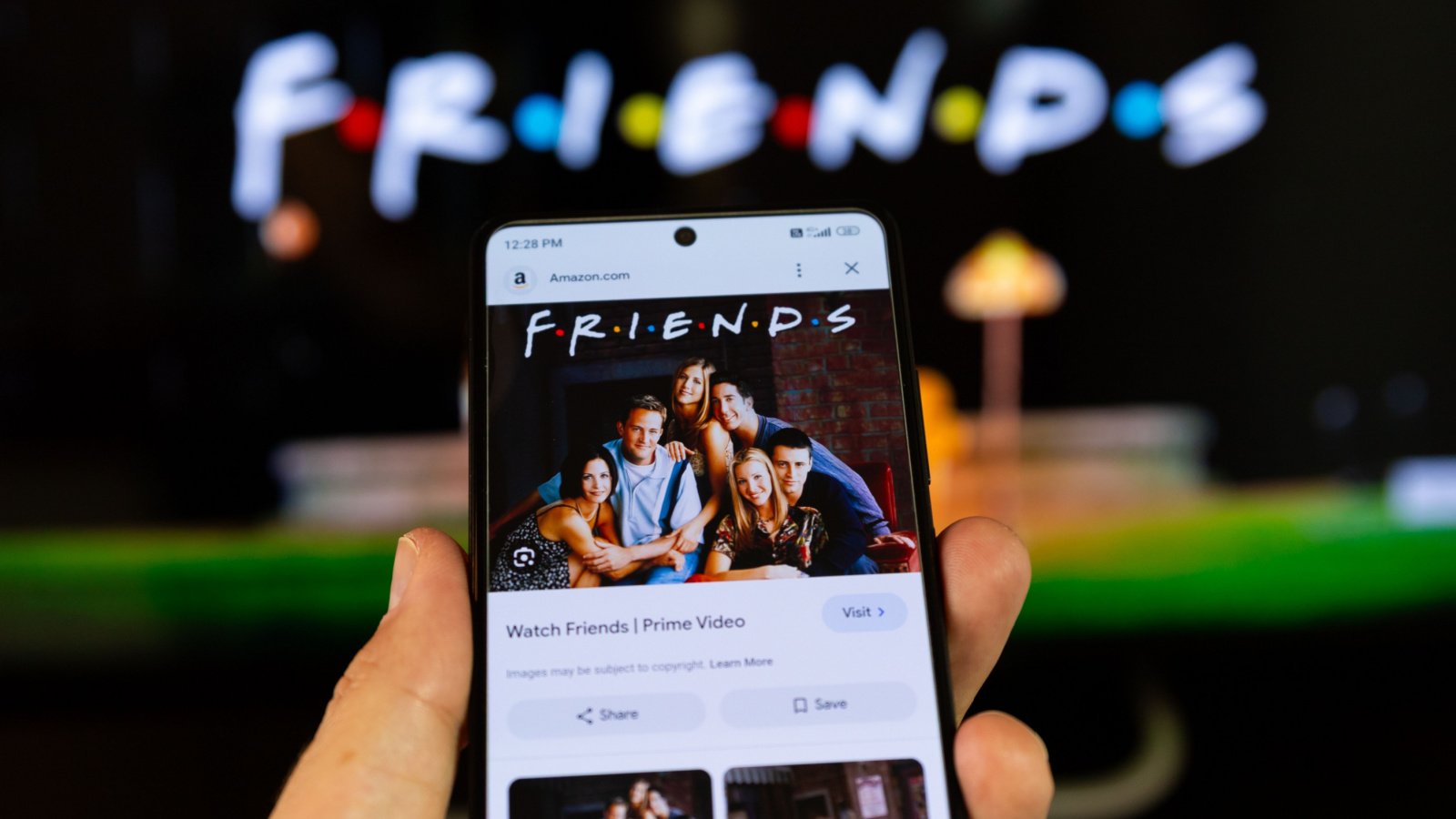
Friends has come under scrutiny for its lack of diversity and portrayal of LGBTQ+ issues. With its all-white main cast and some questionable storylines regarding gender and sexual orientation, it might not fare well in today’s more inclusive and sensitive media environment.
Seinfeld

Seinfeld often ventured into areas that would be considered problematic today, such as the portrayal of women and ethnic groups. The famous “Soup Nazi” episode, among others, uses cultural stereotypes for laughs, which could be seen as offensive by today’s standards.
Baywatch

Baywatch objectified women’s bodies and played up shallow romantic encounters for entertainment. Today, its superficial treatment of characters and lack of substantive narrative would likely be criticized for promoting outdated gender norms.
Married… with Children
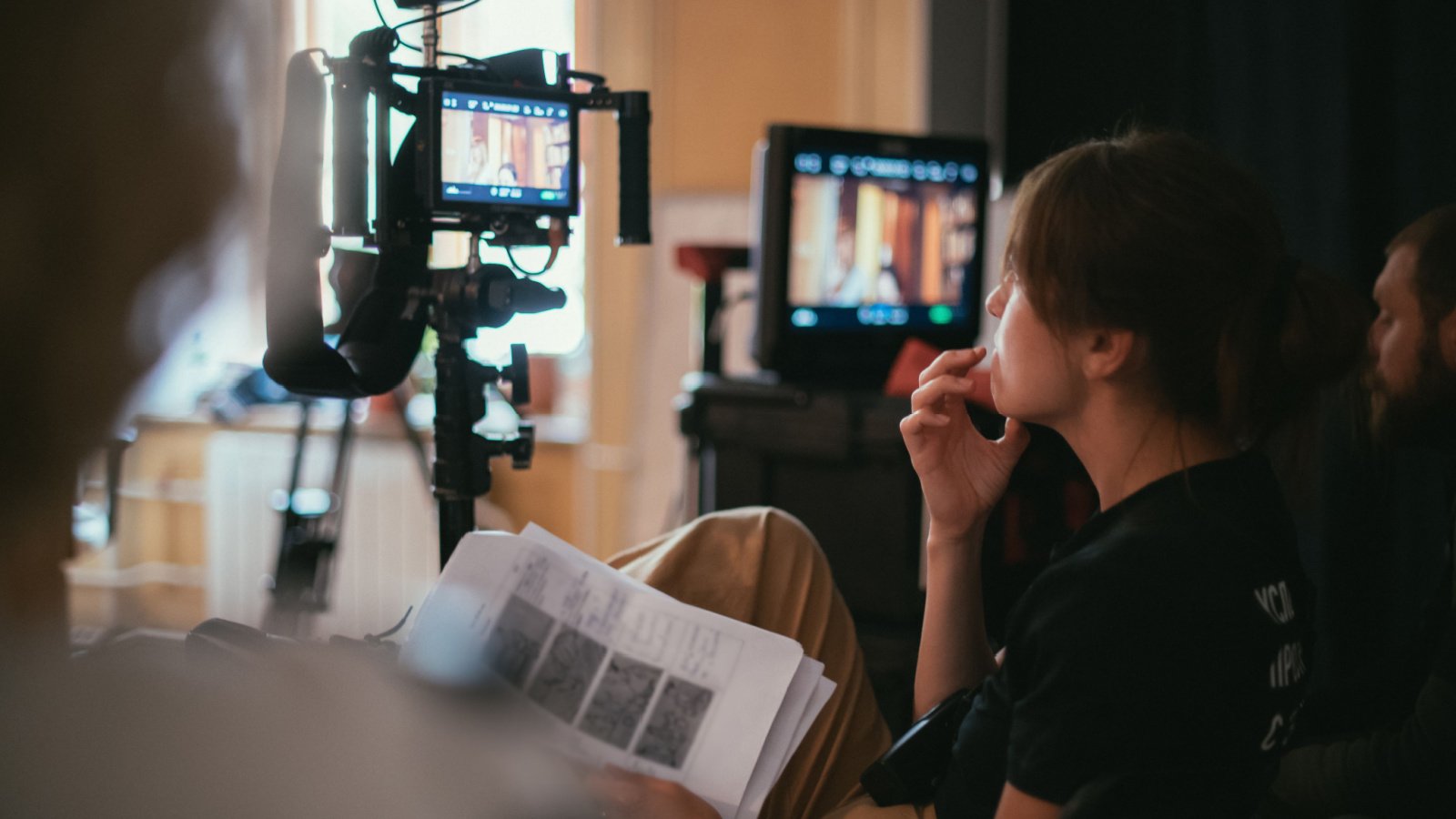
Married… with Children pushed boundaries with its crass humor and portrayal of a dysfunctional family that defied the then-typical sitcom formula. However, its often derogatory jokes about women and minorities would be viewed as too offensive now.
Two and a Half Men

Two and a Half Men frequently objectified women and depicted a hedonistic lifestyle that might be deemed inappropriate by today’s standards of respecting women. Its lack of serious consequences for the characters’ often irresponsible behavior would likely be problematic.
Little Britain

Little Britain relied heavily on caricatures and stereotypes for its humor, including characters that mocked different genders, races, and sexual orientations. Its exaggerated sketches and sometimes offensive representations would likely not be acceptable today.
Bewitched
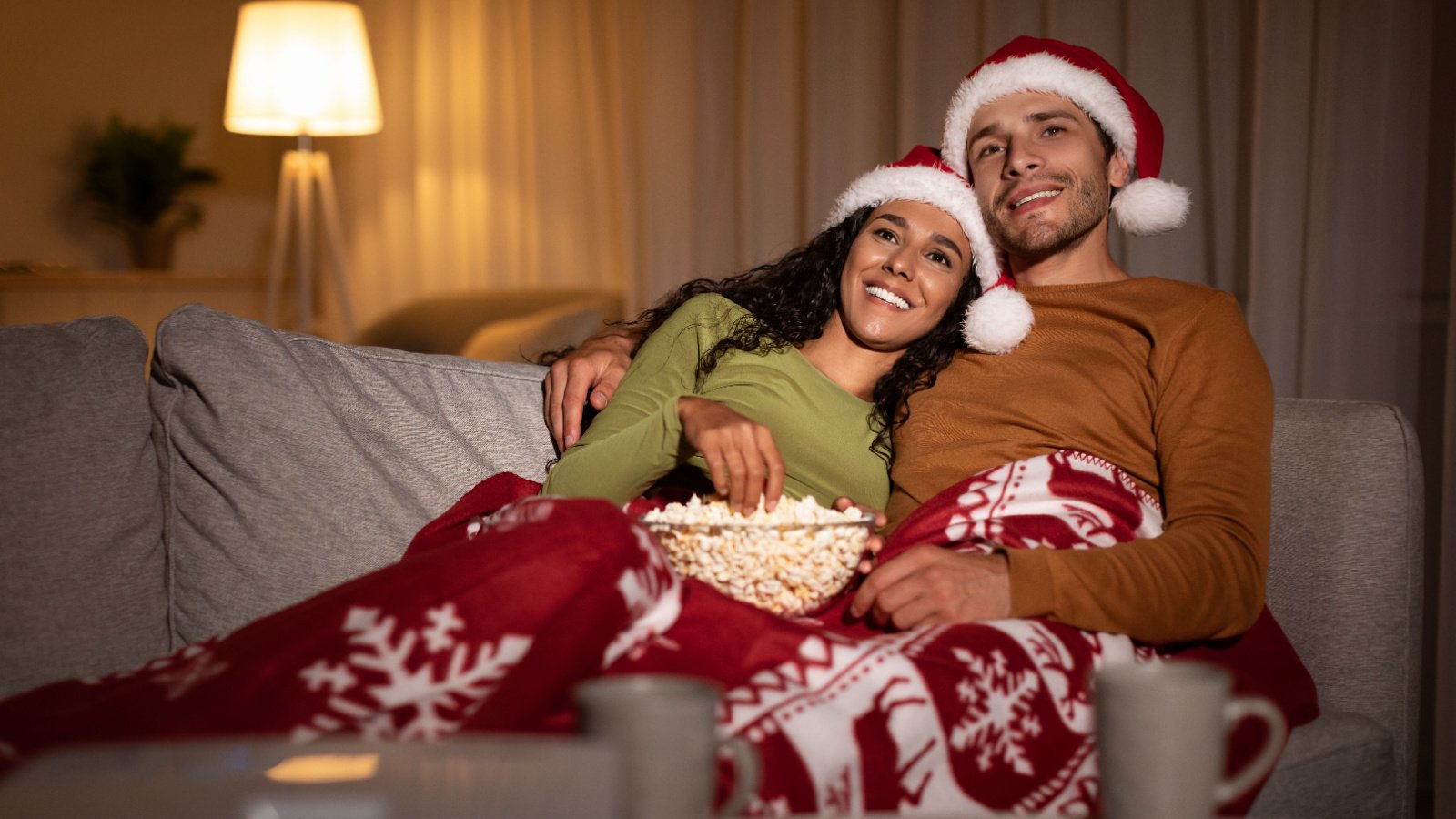
Bewitched featured a dynamic between a powerful witch and her husband, who often insisted she suppress her powers to fit into normal suburban life. The underlying theme of conforming to societal expectations at the expense of personal identity would be contentious.
I Love Lucy
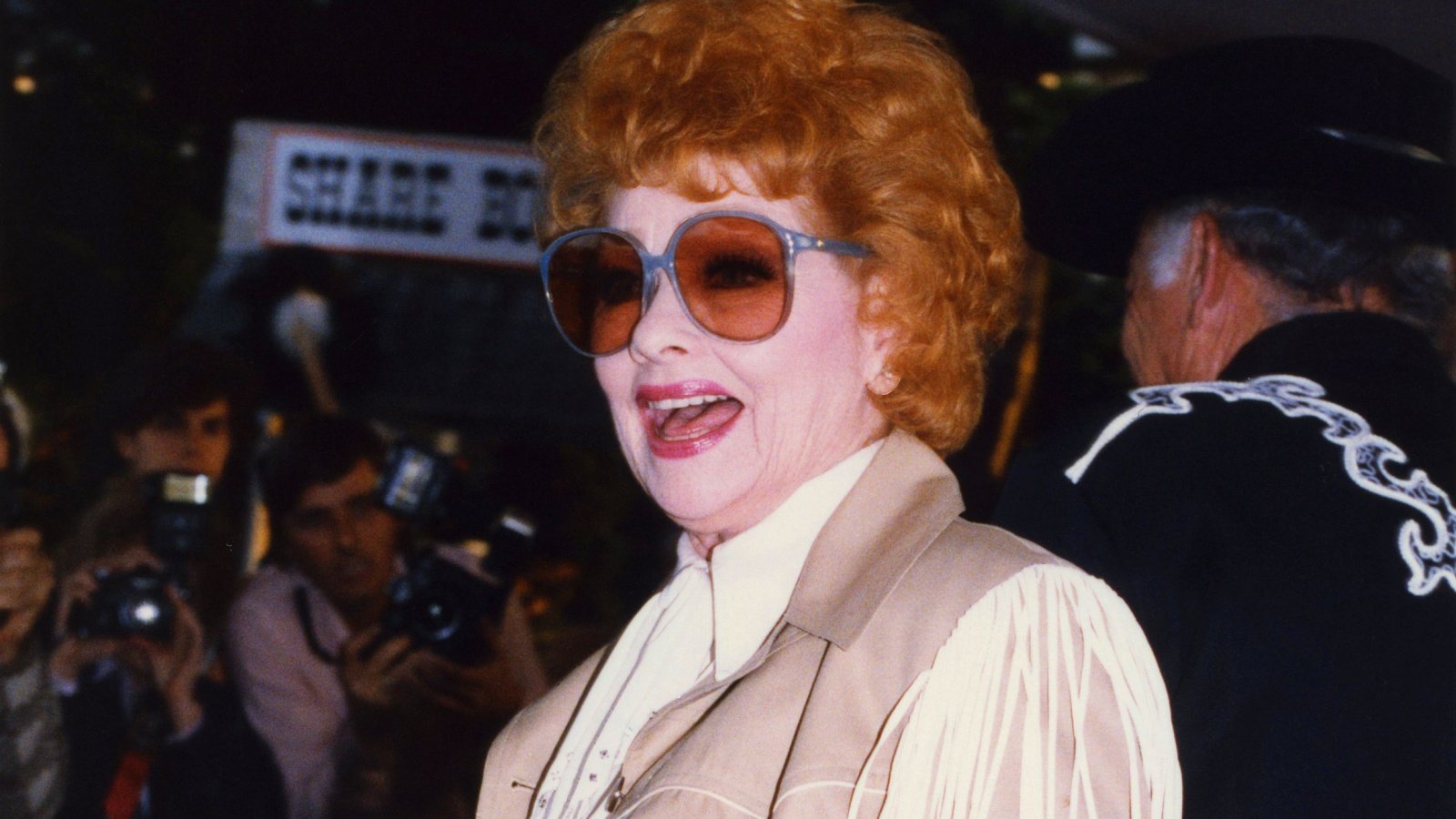
I Love Lucy is an iconic show that broke many barriers, but its portrayal of marital dynamics and gender roles could be criticized in today’s context. Lucy’s antics often resulted in her husband Ricky disciplining her as if she were a child.
Gilligan’s Island

Gilligan’s Island often played into stereotypes, particularly with characters like the bumbling Gilligan and the wealthy Howells. The portrayal of the Professor and Mary Ann also reinforced traditional gender roles that might not sit well with modern audiences.
MAS*H

While MAS*H is acclaimed for addressing serious themes of war, its treatment of gender and authority could stir controversy now. The frequent sexist banter and jokes that objectified women would be seen as inappropriate in today’s environment that values respect and equality in the workplace.
The Brady Bunch
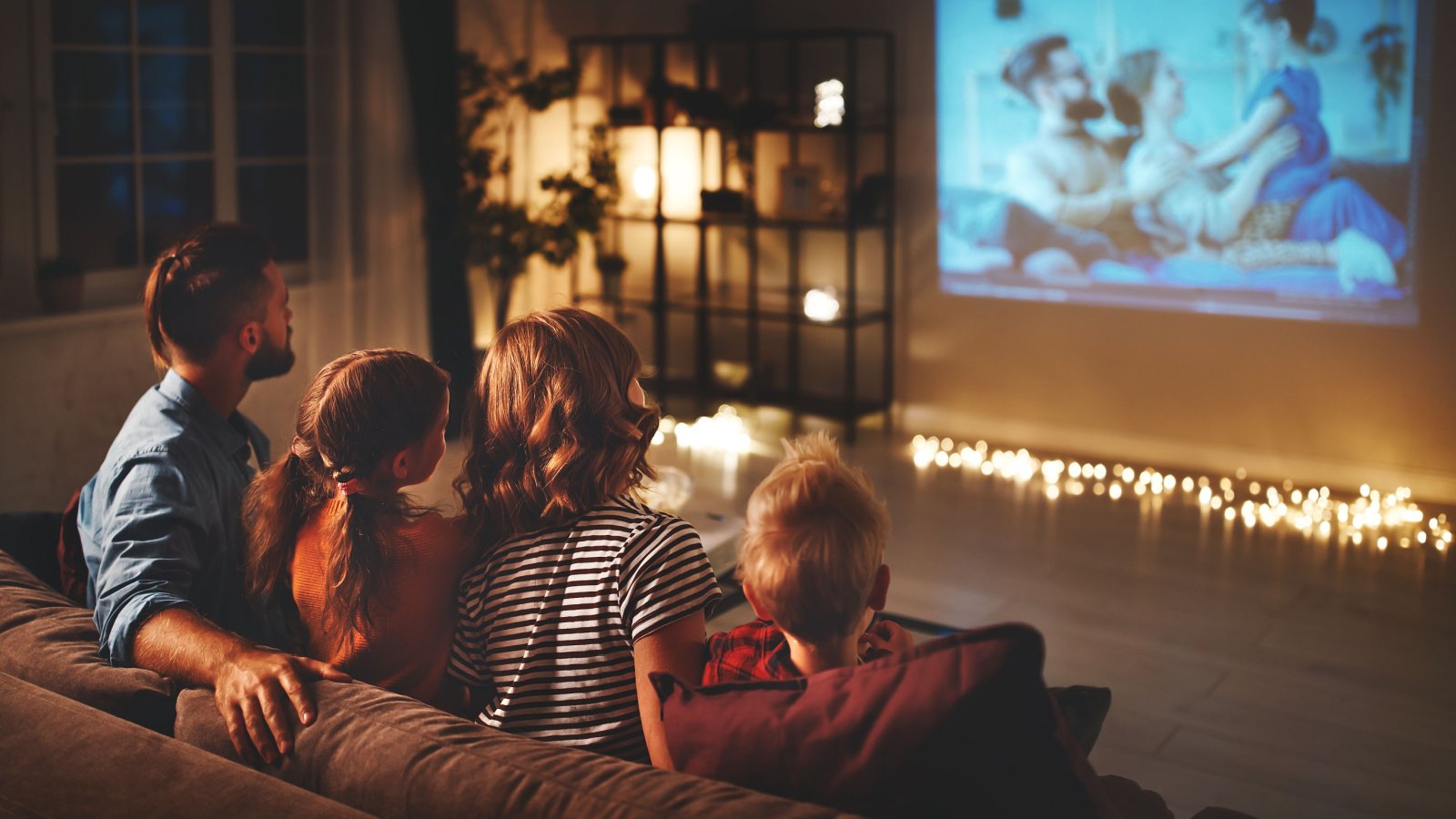
The Brady Bunch, a symbol of the ideal American family, often glossed over real familial and societal issues in favor of presenting a sanitized view of family life. Today, its overly simplistic take on complex family structures might be viewed as a disservice to the realities many families face.
Hogan’s Heroes

Hogan’s Heroes made light of World War II, portraying a POW camp in a humorously inept manner, which might now be seen as distasteful given the grim realities of war. The use of Nazi characters for comedic purposes could be particularly controversial today.
Three’s Company
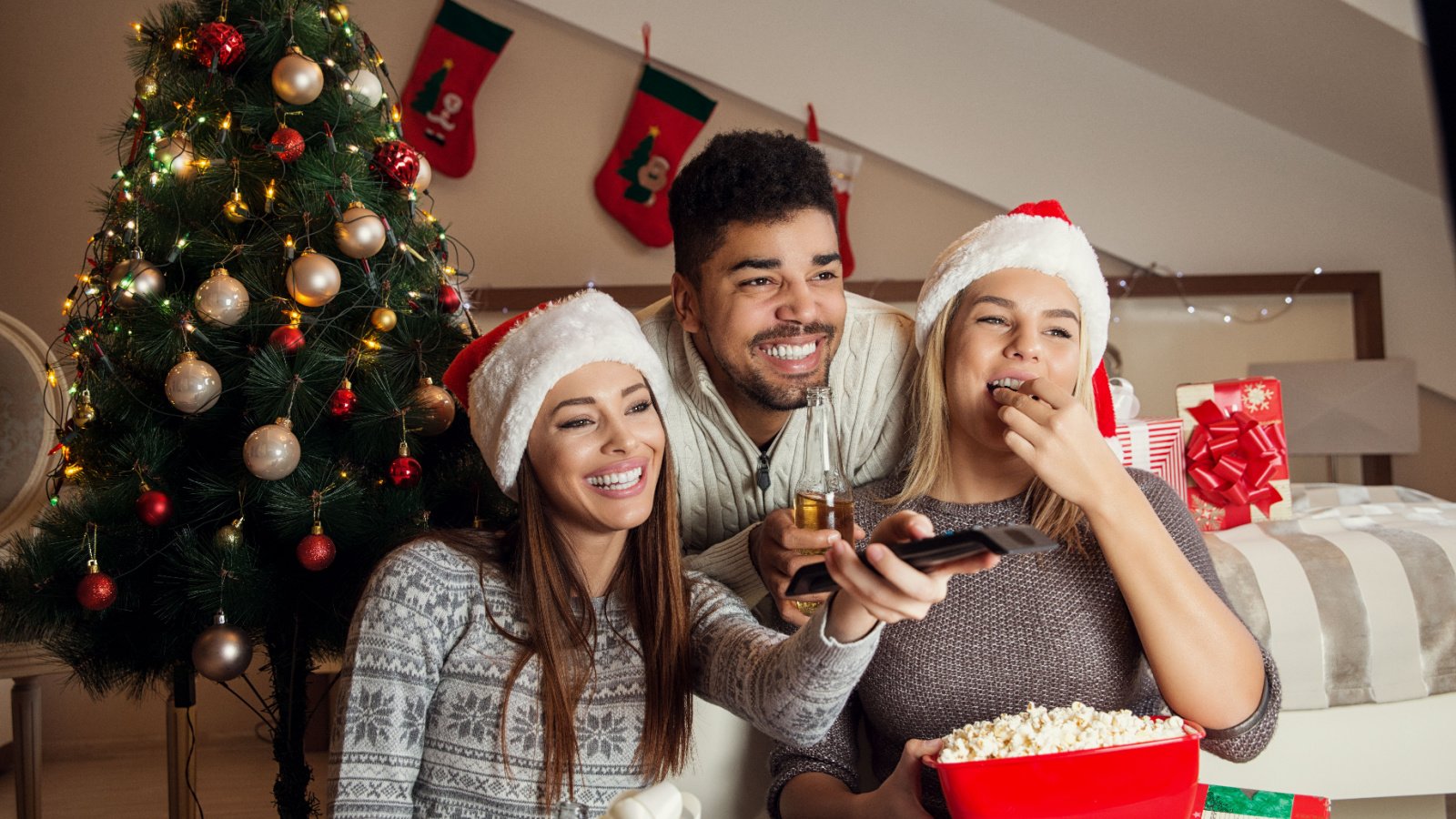
Three’s Company relied on deceit surrounding issues of sexuality and identity to drive its plot. The show’s humor often stemmed from Jack pretending to be gay to live with two women, which could now be viewed as a problematic handling of LGBTQ+ identities.
The Jeffersons

The Jeffersons was groundbreaking for featuring an African American family’s rise to middle-class prosperity; however, it often used racial stereotypes as the basis for humor. While the show addressed issues of race more directly than others of its time, some of its jokes and characterizations might now be seen as reinforcing rather than challenging stereotypes.
Fat Albert and the Cosby Kids

Fat Albert and the Cosby Kids was designed to be educational while also entertaining, yet its portrayal of urban African American characters might draw criticism for reliance on stereotypes. Despite its positive messages and attempts at offering moral lessons, the depiction of its characters and settings might be considered patronizing today.
The Flintstones
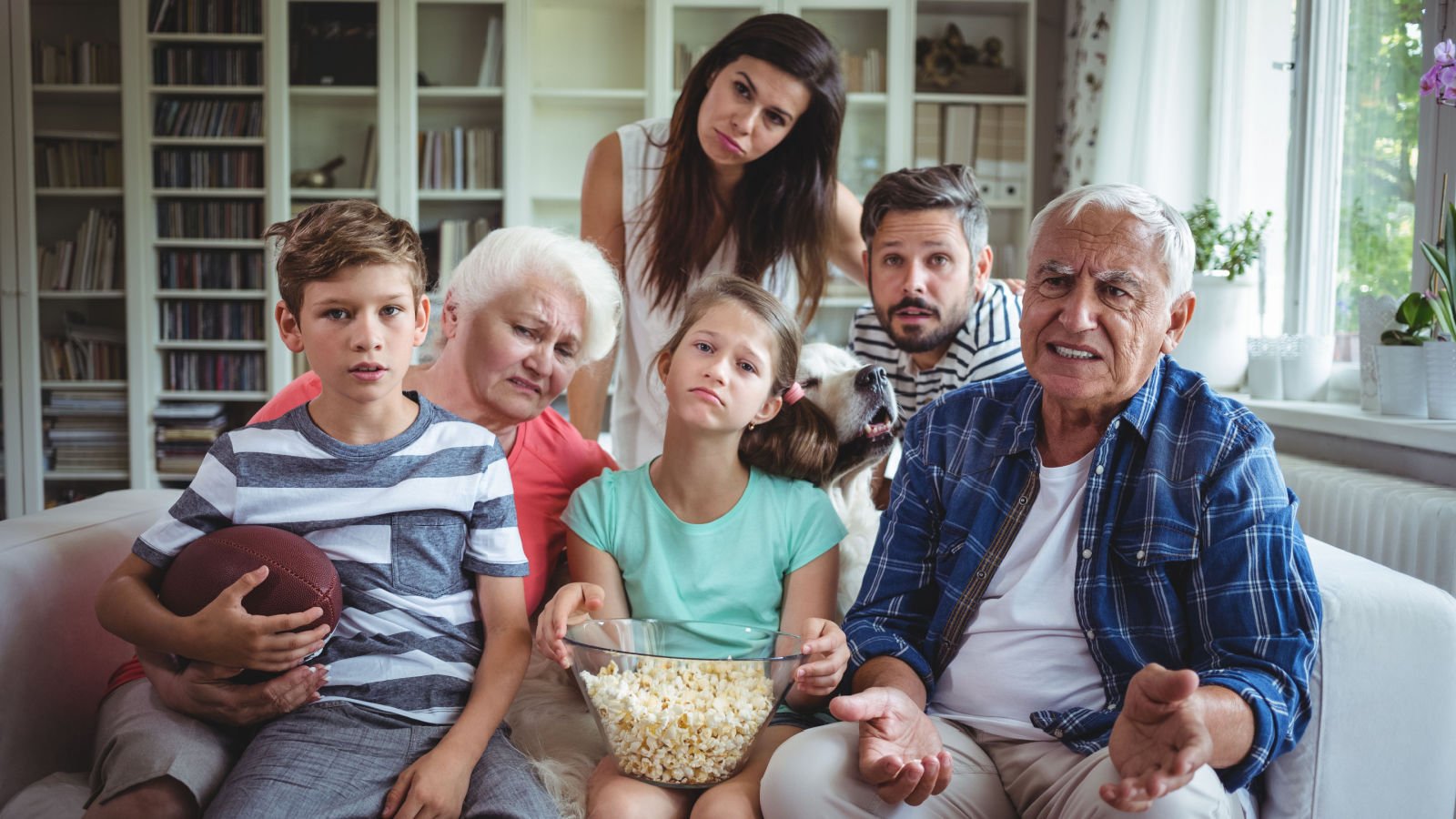
The Flintstones reinforced gender roles with Wilma and Betty’s domestic pursuits contrasted sharply against Fred and Barney’s adventures. The show’s depiction of women as primarily concerned with home life and men with work and leisure would be criticized now.
Quantum Leap

Quantum Leap handled issues of race, gender, and sexuality with less sensitivity than might be expected today. Episodes that tackled these themes sometimes did so in ways that now might seem simplistic.
Cheers
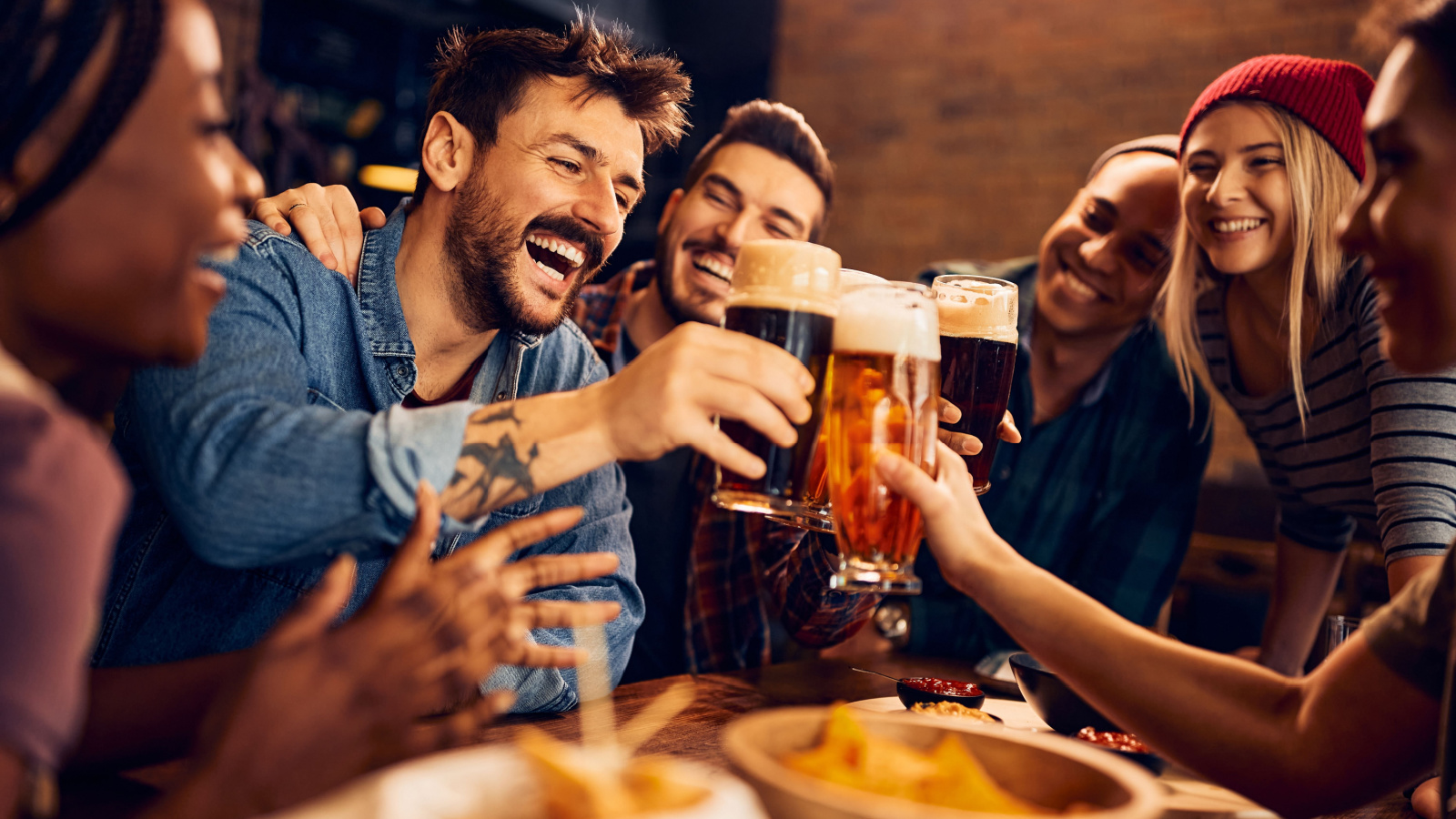
The portrayal of drinking culture as wholly positive and consequence-free in Cheers would be problematic today. Also, some of the romantic plots might not align with contemporary views on consent and relationships.
Alf

Alf, the sitcom about a wisecracking alien living with a suburban family, often used humor that pushed the boundaries of acceptable jokes during its time. The show’s comedic treatment of Alf’s constant threats to eat the family cat could be seen as promoting animal cruelty in today’s sensitive cultural climate.
Full House

Full House often resolved complex issues too simplistically and avoided deeper, more realistic portrayals of the challenges faced by single-parent households. Today, its idealistic solutions and lack of diverse representation might draw criticism for not providing a more authentic view of family life in America.



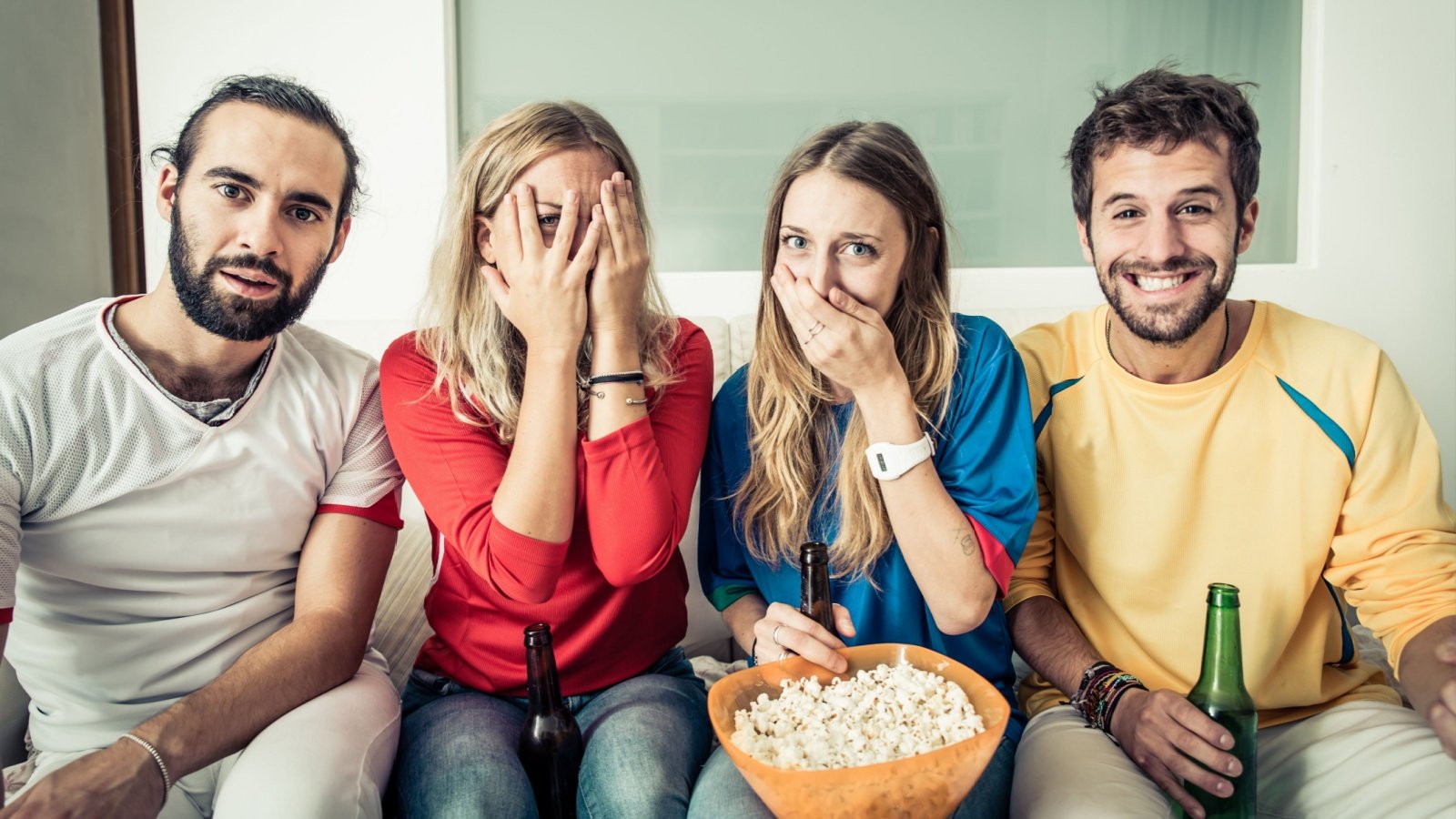


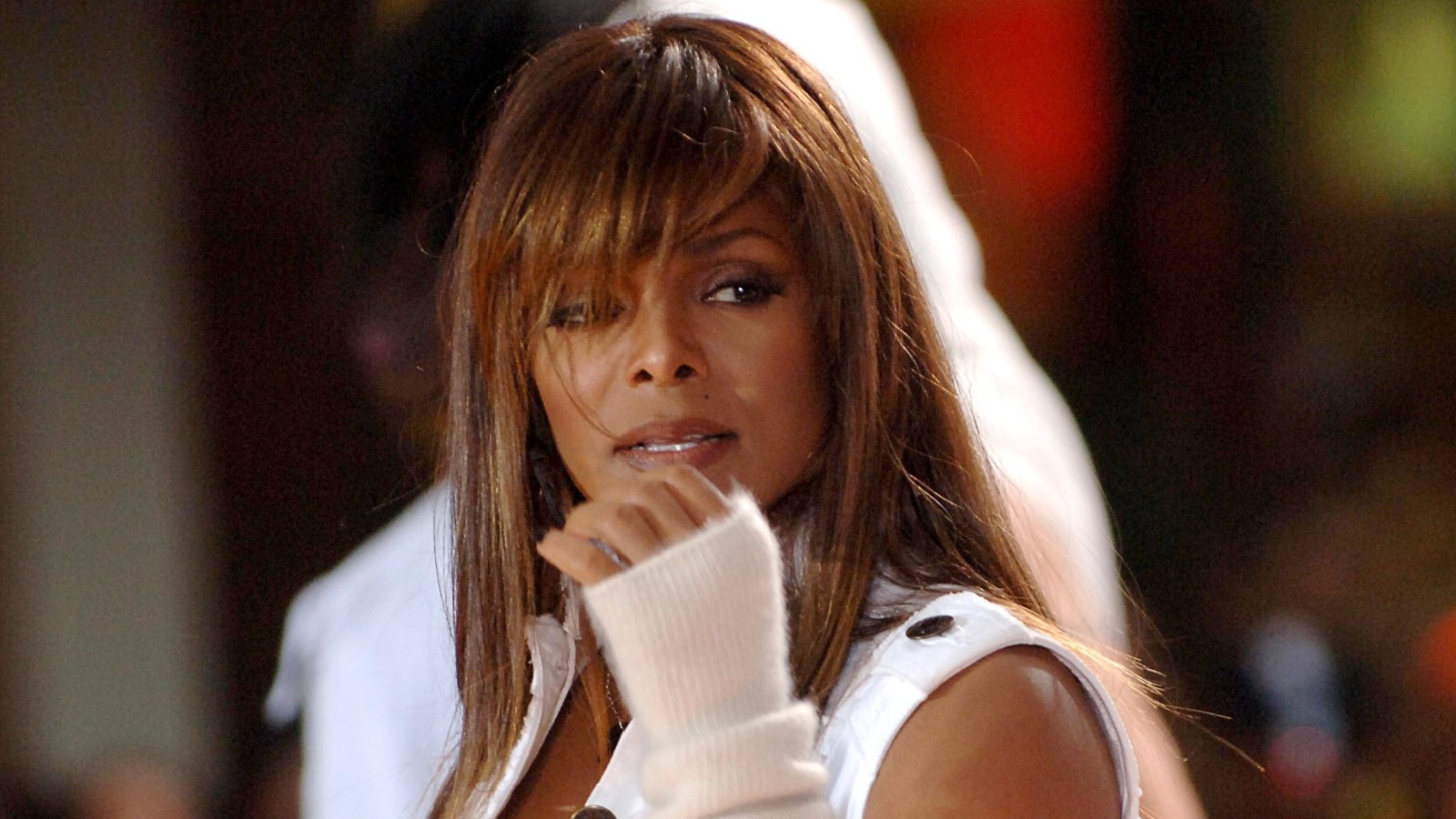
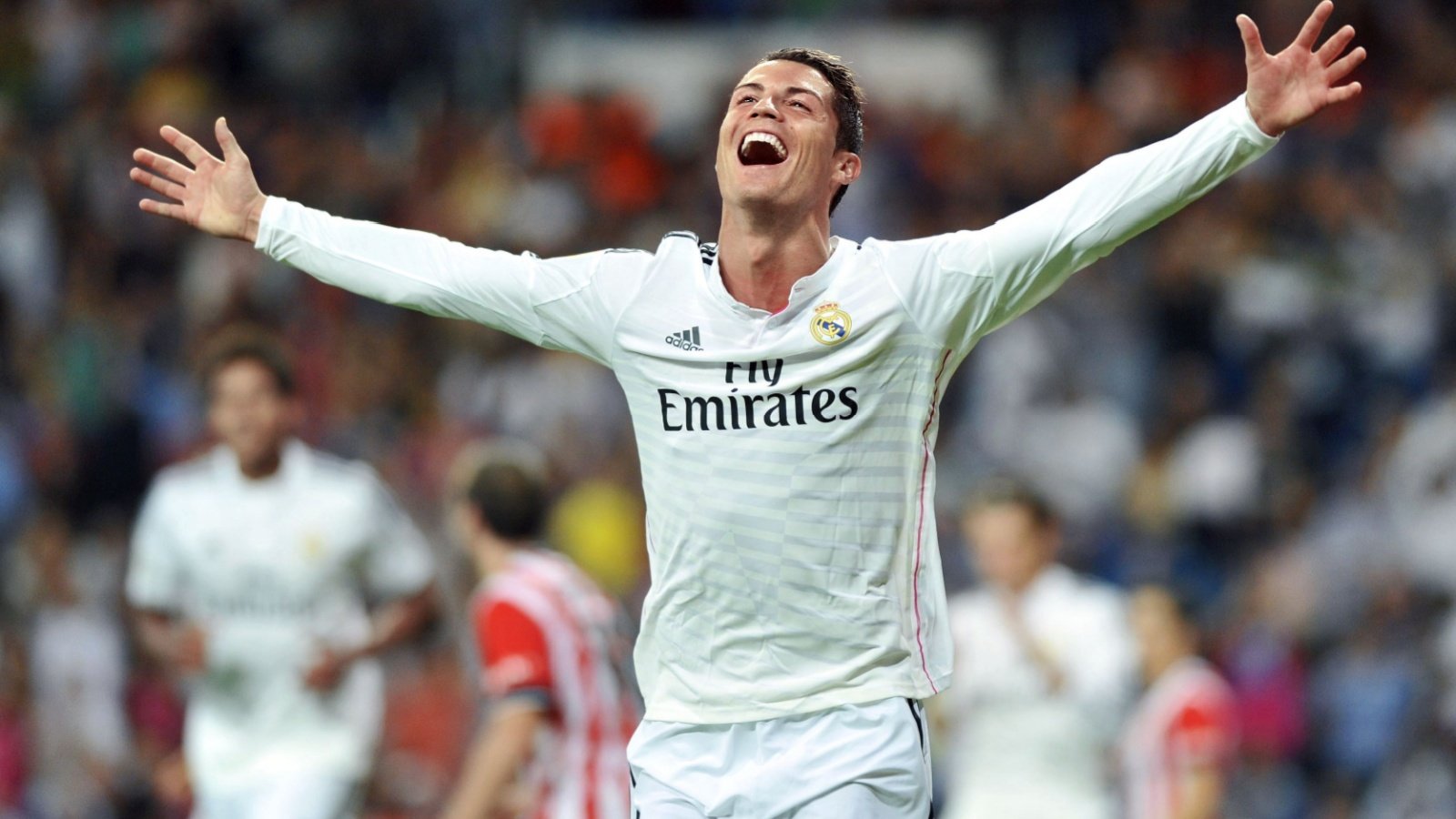

Der Casino-Bereich von RTbet bietet damit eine umfangreiche Spielerfahrung.
Ebenso wie im Sportwettenbereich kannst Du Deine
RTbet Münzen aber auch dafür nutzen, um den Koloss freizuschalten und
die 8.000 Euro zu erhalten. Dabei stehen nicht die Slotmaschinen im Vordergrund, sondern Tischspiele und Spielshows.
Für jedes Tischspiel gibt es zudem verschiedene Versionen, wodurch auch Du Deine Lieblingsversion findest.
Das Rtbet Casino bietet eine umfassende Plattform für Sportwetten, die sowohl Gelegenheitsspieler als auch erfahrene Enthusiasten anspricht.
Die Gewinne aus den 200 Freispielen unterliegen einer etwas höheren Umsatzbedingung von x40,
die, obwohl etwas höher, den Spielern dennoch eine gute Chance bietet, ihr
Guthaben zu erhöhen. Rtbet Casino bietet einen großzügigen 100% Ersteinzahlungsbonus bis zu
500 Euro sowie zusätzliche 200 Freispiele.
References:
https://online-spielhallen.de/beep-beep-casino-erfahrungen-ein-detaillierter-blick/
Martin Scorsese als Regisseur leistete in „Casino“ gute Arbeit über
eine Länge von 178 Minuten Spielfilmzeit. Der Kriminalfilm „Casino“ aus dem Jahre 1995 spielt in Las Vegas während der 70er Jahre.
Zusammen haben wir 205 Jahre, 10 Monate, 3 Wochen, 0 Tage,
17 Stunden und 36 Minuten geschaut. Martin Scorsese veranschaulicht den Aufstieg und Fall
oftmals introspektiv durch das Voice Over der Hauptdarsteller, die nicht das Gezeigte zerlabern, sondern es ausbauen, vertiefen, Las Vegas als die
verlockende Falle preisgeben, welches die Stadt letzten Endes auch darstellt.
Obwohl der 1980 entstandene Boxerfilm Wie ein wilder Stier als Meisterwerk gehandelt wurde, hielt sich Scorseses
Ruf als Kassengift, der auch die boshafte Komödie King of Comedy (1983) an den Kinokassen floppen ließ.
Nachdem man ihn in die Gewerkschaft der Regisseure aufgenommen hatte, drehte
Scorsese mit Hexenkessel 1973 seinen ersten kommerziell erfolgreichen Autorenfilm, der ihn und
seinen Darsteller Robert De Niro schlagartig bekannt machte.
Während er seinen Master machte, arbeitete er vier Jahre lang an seinem Spielfilmdebüt
Wer klopft denn da an meine Tür? Mit finanzieller Unterstützung
seines Dozenten drehte Scorsese erste preisgekrönte Kurzfilme
und schloss 1965 sein Bachelor-Studium ab. Was der Zuschauer erlebt,
ist ein grotesk tragisches Ehemartyrium, bei dem zwei sich Verletzungen immer grausameren Ausmaßes zufügen –
eine Amour fou ohne Liebe.
References:
https://online-spielhallen.de/admiral-casino-bonus-code-alles-was-sie-wissen-mussen/
Always play responsibly, verify your identity early and check
promotion terms before accepting bonuses. The WinSpirit casino login process remains consistent across
domains and the PWA install flow works even if a mirrored domain is used.
At times, regional routing or mirror domains (winspirit1 /
winspirit3) may be used for improved access. WinSpirit accepts
players from many jurisdictions but restricts access in certain regulated markets.
Escalation procedures exist for unresolved issues; VIP players often have direct account managers for priority handling.
For frequent players, these events are a rich source
of extra value—especially when combined with loyalty
tier multipliers and cashback offers. App benefits include app-only free spins, push notifications for promotions and quick login.
For players aiming to climb tiers, consistent, responsible play combined with strategic use of promotions tends to be the most reliable path.
The platform’s curated lists help players explore recommended
pokie picks by provider and theme. Filters allow you to pin down low volatility pokies
for longer sessions, or high volatility jackpot slots
for big win potential.
If you’re in Limpopo, head to Meropa for an exciting choice of
casino games – 24 hours a day, seven days a week.
Whether you’re new to the casino environment or
a pro in the know, our casino facilities cater for gamers who enjoy responsible gambling.
The Time Square Casino located in Pretoria offers an unparalleled
gaming experience across two floors of gaming.
Located on the outskirts of the city, near the airport, the Emperors Palace Casino welcomes you at its table
games and slot machines.
These are perfect for players who enjoy competition and want more
excitement than just spinning the reels solo.
Casinonic drops a solid A$7,500 in bonus cash and gives you access to
700+ jackpot pokies, including high-volatility options that reward patience and timing.
It ranks among the best Bitcoin casinos, where you get
A$8,000 + 400 free spins welcome package for a strong start.
Neospin is the best Australian casino online.
Expect lower % matches than welcome offers, with similar rules on wagering, eligible games, and bet caps.
It’s got a truly unique website design, offers a great welcome
bonus and no deposit bonuses, provides excellent user experience overall, and is very much deserving of the #1 spot on my list.
Although online casino games can be a lot of fun, they
are most certainly not worth risking ruining your life.
When dealing with Curacao casinos, we recommend that you always
read our expert online casino reviews as carefully as possible.
This means that Australian online casino enthusiasts do not have
local authorities whose words they can listen to to determine which casinos are safe.
RocketPlay hosts over 3000 games from leading software providers, covering pokies, live casino, table games, and specialty
options with regular new releases and exclusive titles. This applies across most payment
methods, making the casino accessible to players
with various budget levels. Response times for live chat are typically quick,
with support agents able to address common questions about bonuses, payments, and account issues.
While these requirements add a step to the withdrawal process, they are industry-standard practices designed to protect both players and the casino.
Deposits are typically processed instantly, allowing players to begin gaming immediately after completing their transaction.
Live chat support, loyalty tracking, and bonus claims are all accessible
through the mobile interface. The RocketPlay casino app provides
a fully responsive version of the desktop site, offering the same game selection, secure transactions, and promotional access.
RocketPlay casino has optimized its mobile experience to ensure seamless access across
all devices without the need for downloading a dedicated native app.
Players who complete these steps are rewarded with 20 free spins for the
game Book of Pyramids. While these offers are not
always publicly listed, they are commonly delivered to qualifying users
directly through their accounts or promotional messages, making daily activity a gateway to frequent surprises.
Our RocketPlay Casino review found that the platform offers both fiat and cryptocurrency.
The loyalty program also unlocks bonus opportunities and
better point multipliers. You can also use the points to get free spins, free merchandise, tournament
entries, and many other exclusive benefits and perks. You can redeem these points for bonus cash and there aren’t any wagering requirements applicable.
The first major expansion of the campus came in 1992, bringing the total amount of office space to 1.7 million square feet (160,000 m2) on 260 acres (110 ha)
of land. Architectural portals connect the
campus to the garage below, allowing employees and visitors
quick access and creating a pedestrian focus on campus.
Quickly design anything for you and your family—birthday cards, school flyers, budgets, social
posts, videos, and more—no graphic design experience needed.
Register your details to receive our latest news and offers.
The casino floor features thousands of pokies, table games like blackjack, roulette, baccarat,
and a luxurious high-limit area for VIPs. If you have any concerns about the casino’s operation, please contact us.
It also hosts an annual poker tournament, which is attended by players from all over the world.
Australia takes the innovative view that gambling is a recreational activity, and therefore, should
not be taxed. So sign up, load up, and play one of a hundred or more pokies to trigger free cash
right away.
High ceilings and cool marble floors enhance the restaurant’s spaciousness,
while statement lighting and vast windows lend warmth and natural
light. Located in the heart of Melbourne’s Southbank, Conservatory offers a diverse
and exciting spread of international cuisine to inspire and delight every
palate. Register your details to be in the know for our latest news and offers.
References:
https://blackcoin.co/4-top-tips-for-winning-big-at-online-poker/
online betting with paypal winnersbet
References:
jobsbotswana.info
online australian casino paypal
References:
supplychainjobs.in
online casino mit paypal einzahlung
References:
pandahouse.lolipop.jp
online betting with paypal winnersbet
References:
https://www.recruit-vet.com/employer/online-casino-mit-paypal-einzahlung-die-top-casinos-im-vergleich/
online casino for us players paypal
References:
https://jobsahi.com/employer/best-online-casinos-in-australia-2025-bnc-au/
online real casino paypal
References:
https://acheemprego.com.br/employer/new-online-casinos-in-2025-for-players-in-the-usa/